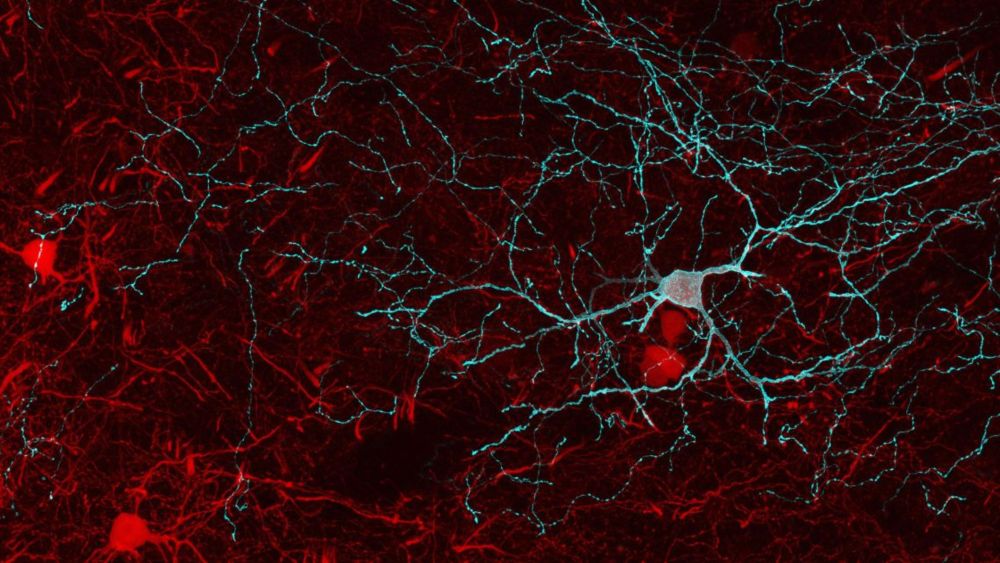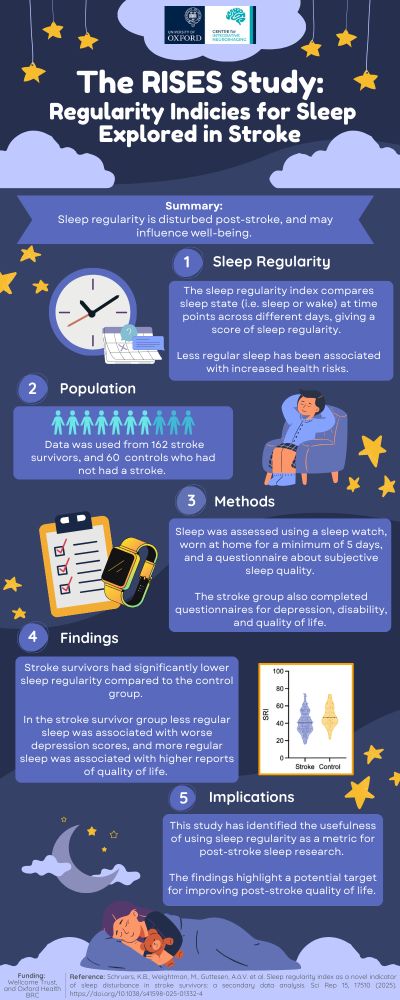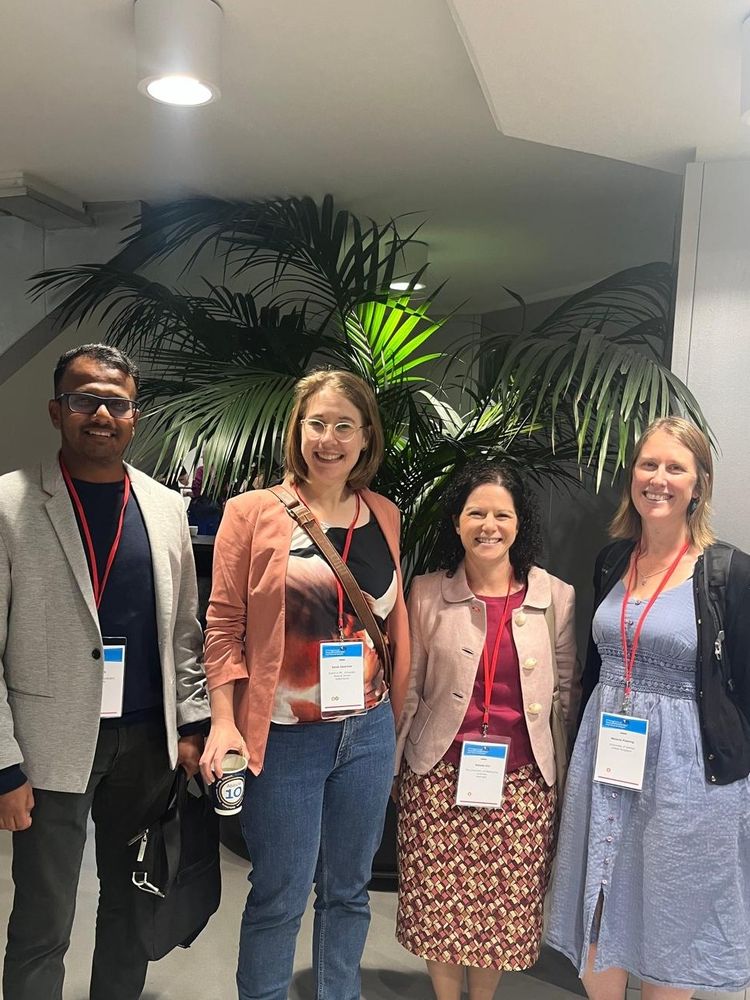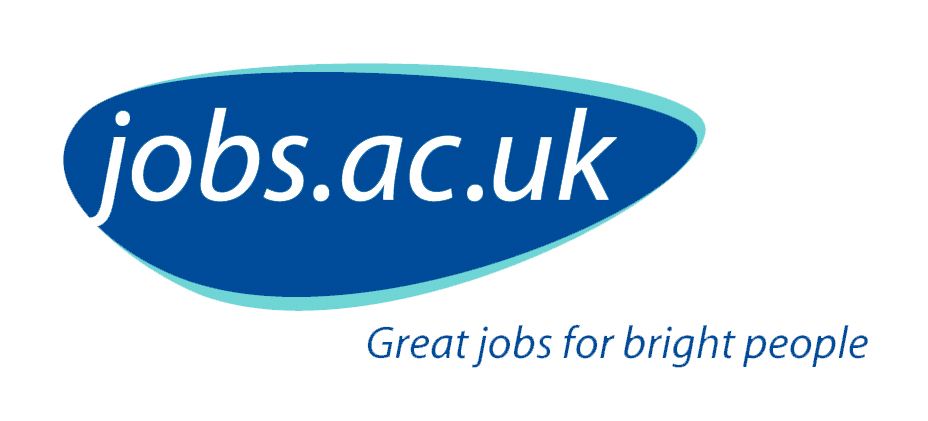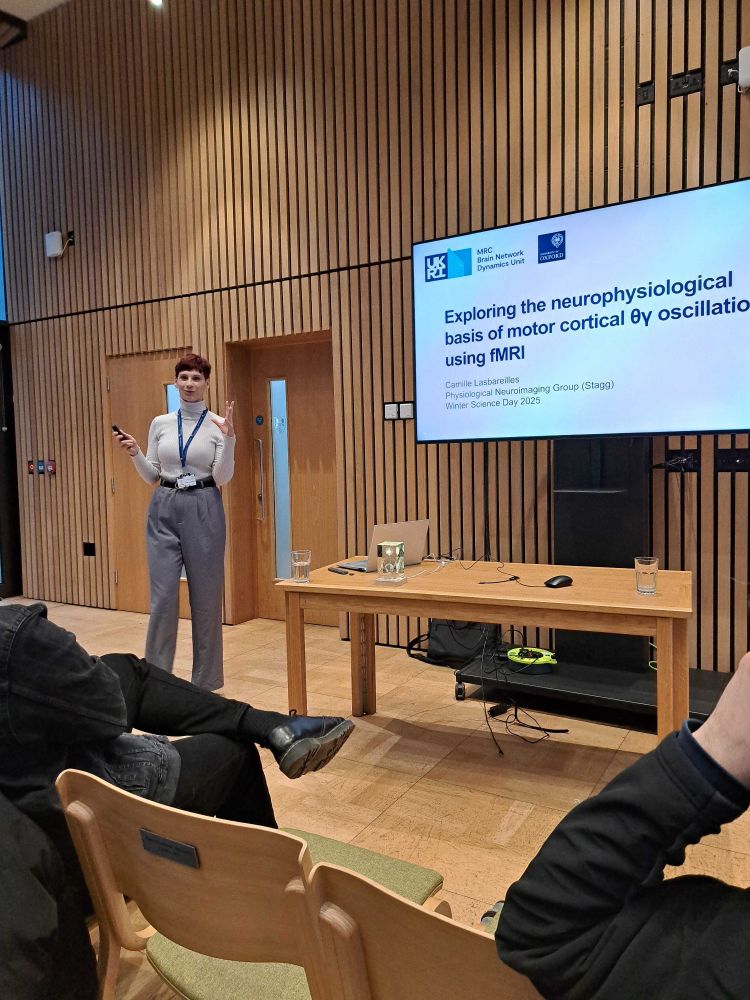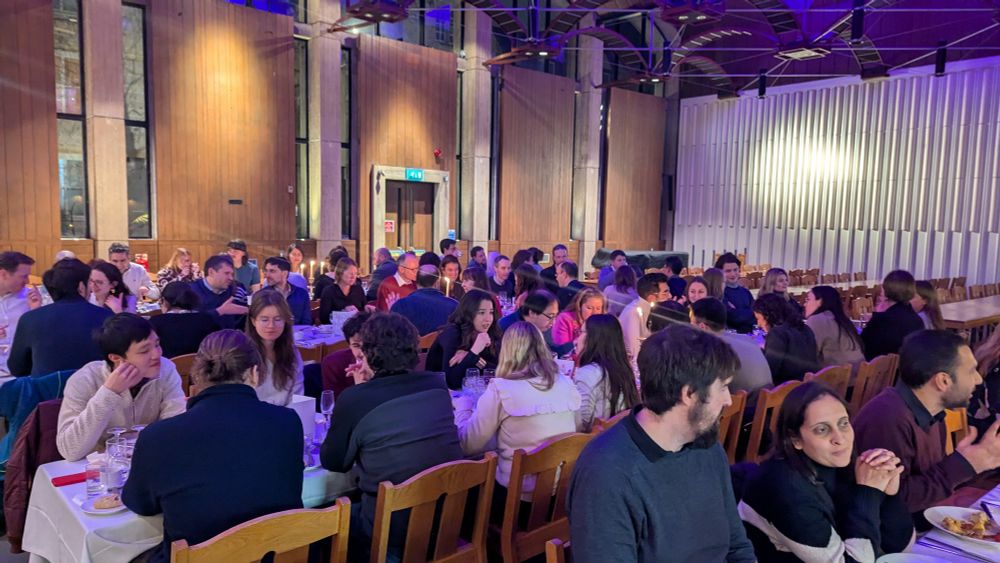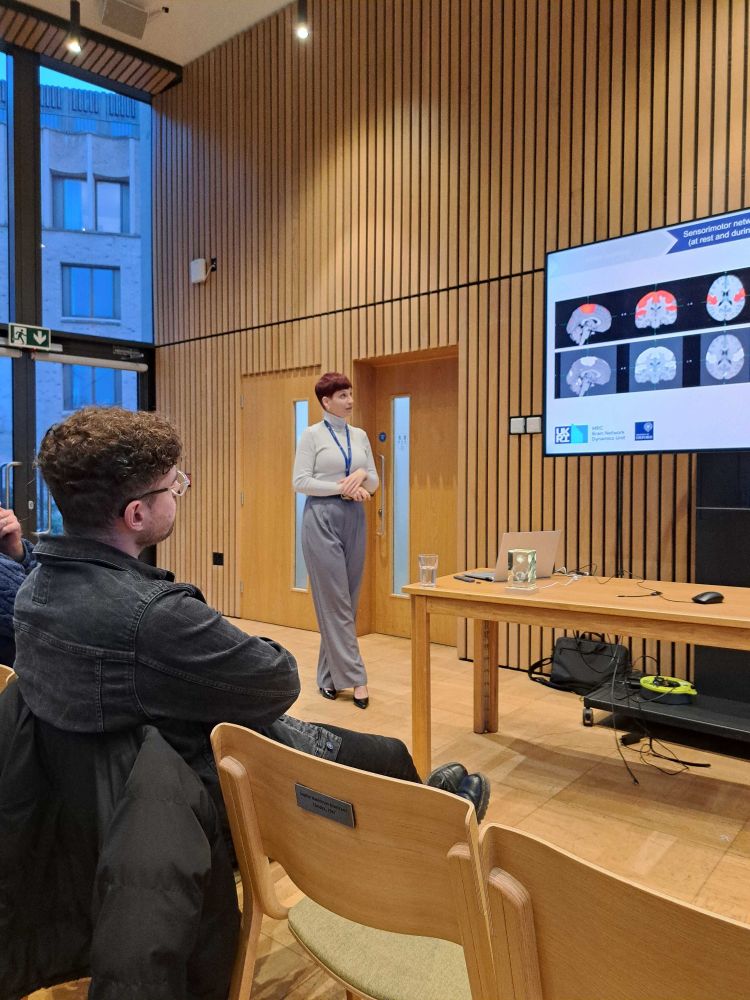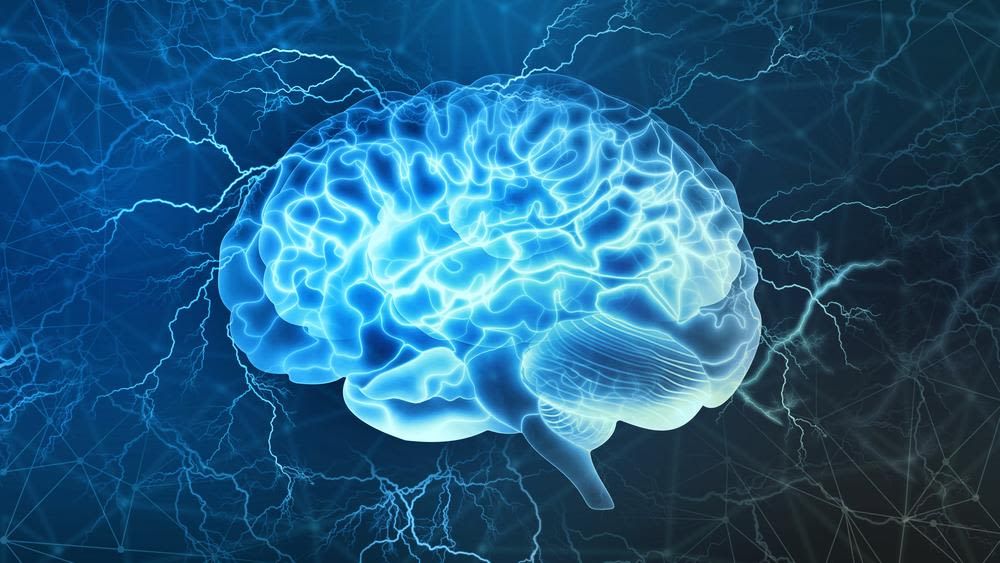Melanie Fleming
@mels-science.bsky.social
66 followers
43 following
5 posts
Associate Professor with an interest in sleep and recovery of movement after stroke and brain injury
Posts
Media
Videos
Starter Packs
Reposted by Melanie Fleming
Melanie Fleming
@mels-science.bsky.social
· Jun 27
Reposted by Melanie Fleming
Reposted by Melanie Fleming
Melanie Fleming
@mels-science.bsky.social
· May 21
Katrijn Schruers
@katschruers.bsky.social
· May 21
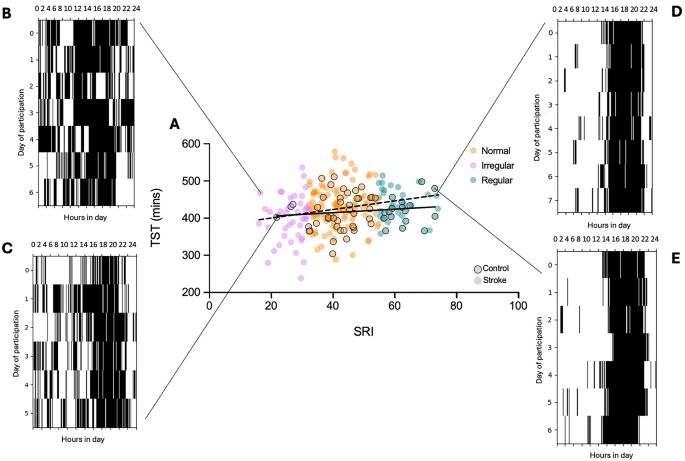
Sleep regularity index as a novel indicator of sleep disturbance in stroke survivors: a secondary data analysis - Scientific Reports
Scientific Reports - Sleep regularity index as a novel indicator of sleep disturbance in stroke survivors: a secondary data analysis
www.nature.com
Reposted by Melanie Fleming
Reposted by Melanie Fleming
Scott Cairney
@sacairney.bsky.social
· May 13
Reposted by Melanie Fleming
Melanie Fleming
@mels-science.bsky.social
· Mar 12
Reposted by Melanie Fleming

